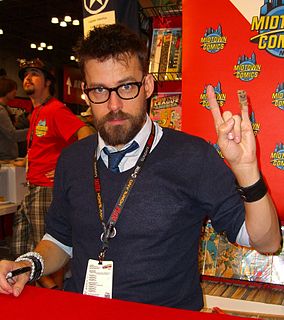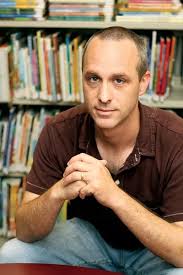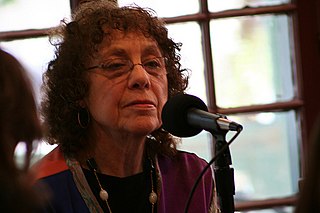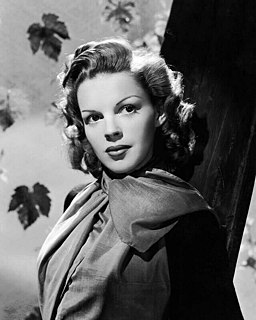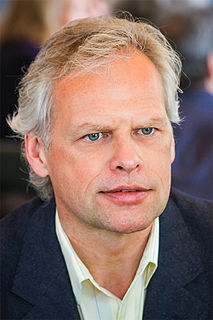A Quote by Hilary Mantel
Writing comes from that territory of being invalidated. But I had a sense of purpose, too. I wanted to stop apologising for my health, and I thought I might do some good.
Related Quotes
No sooner had he thought this than he realized what was anchoring his happiness. It was purpose. He knew what he wanted to do. He knew the way he thought things should be, and Mr. Harinton was proving that other people--even adults--could feel the same way. Nicholas had something to aim for now. He might not know what he wanted to be when he grew up, but he knew with absolute certainty how he wanted to be.
I had wanted simply to convey to the reader by way of concrete example that life holds a potential meaning under any conditions, even the most miserable ones. And I thought that if the point were demonstrated in a situation as extreme as that in a concentration camp, my book might gain a hearing. I therefore felt responsible for writing down what I had gone through, for I thought it might be helpful to people who are prone to despair.
In many shamanic societies, if you came to a medicine person complaining of being disheartened, dispirited, or depressed, they would ask one of four questions: 'When did you stop dancing? When did you stop singing? When did you stop being enchanted by stories? When did you stop being comforted by the sweet territory of silence?'
I realized you might make money at writing, and you might even make a living at it. So after that I didn't write stories just for the class but wrote them for the purpose of submitting them somewhere, and at some point in the process, I began writing them just to please myself and that's where you begin to see the real value of a life of writing.

